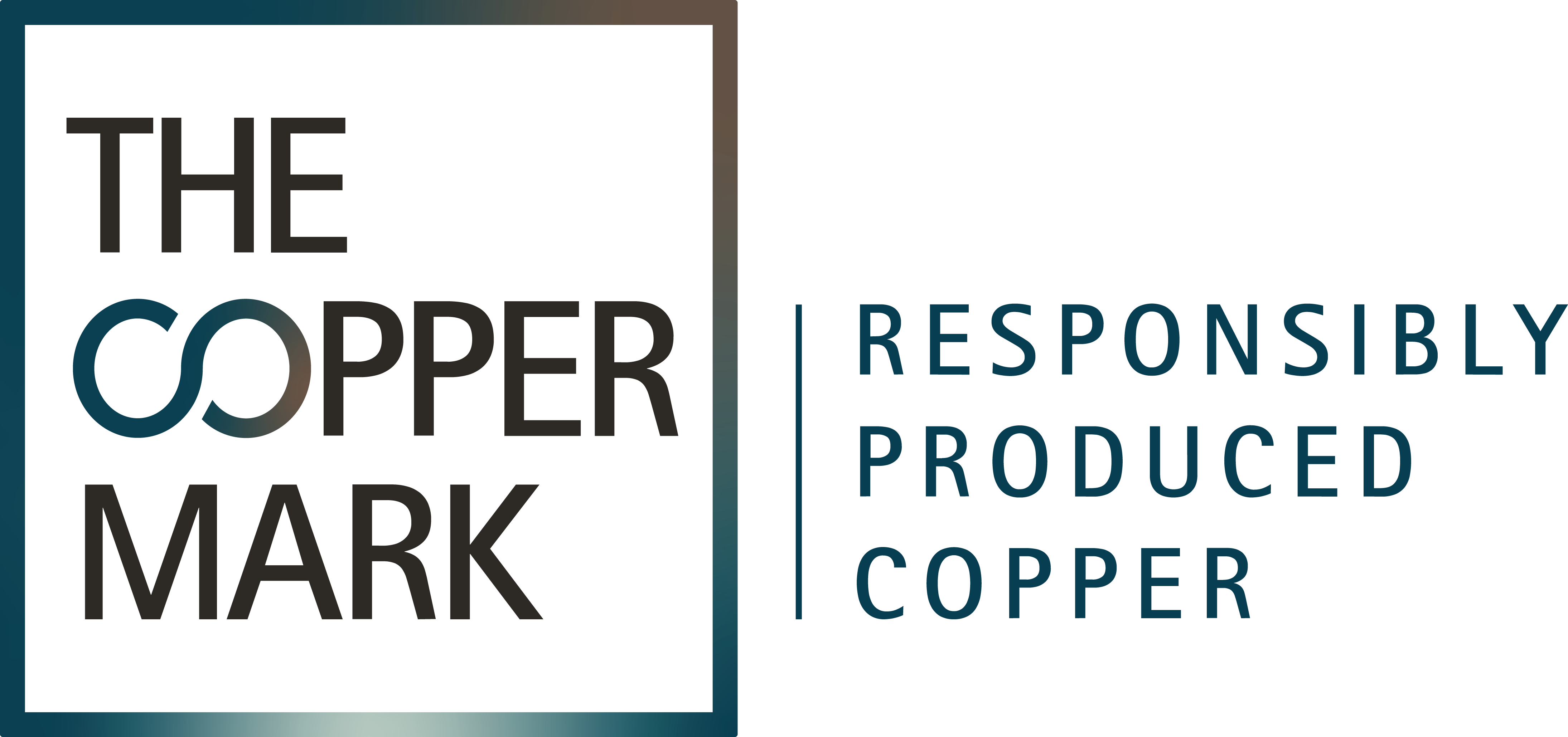The Copper Mark, the assurance framework to promote responsible practices and demonstrate the copper industry’s contribution to the United Nations Sustainable Development Goals, has awarded the Copper Mark standard to a further three sites. Six new participating sites have also begun the process of assessment through the Copper Mark process, while Siemens Energy and Oddo BHF Metals have both joined as partner organisations. With these additions, the Copper Mark now has 16 industry partners and 31 participating sites.
Siemens Energy and Oddo BHF Metals have joined the Copper Mark as partner organisations which use or rely on copper in their businesses and have made a public commitment to the Copper Mark’s vision and objectives of promoting responsible production practices. Siemens Energy stands at the cutting-edge of the clean energy transition, working to develop the technologies of the future that will help to tackle climate change and facilitate the development and deployment of low carbon energy sources. Oddo BHF Metals provides physical intermediation activity on the non-ferrous metal market, including covering copper, aluminium, zinc and pewter.
The Copper Mark standard has also recently been awarded to three new BHP sites. These new sites include:
- Olympic Dam (Australia)
- Minera Escondida (Chile)
- Minera Spence (Chile)
With the addition of Minera Escondida, the Copper Mark has now been awarded to the largest copper mine in the world. Additionally, the Copper Mark has recently welcomed six new participating sites which are now beginning the process of assessment based on the Copper Mark’s Assurance Process. These new sites include:
- Los Bronces (Chile, Anglo American)
- El Soldado (Chile, Anglo American)
- Chagres (Chile, Anglo American)
- Minera Los Pelambres (Chile, Antofagasta)
- Minera Antucoya (Chile, Antofagasta)
- Highland Valley Copper (Canada, Teck)
Through these additions, the Copper Mark has achieved a milestone of securing over 30 participants, which is nearly double the number of participants in 2020. The addition of Siemens Energy and Oddo BHF Metals as new partners also means that the number of Copper Mark partners had nearly tripled since 2020, marking clear and sustained progress in the organisation’s mission to promote the importance of responsible production. Through these partnerships, the Copper Mark is providing an increasingly strong market signal for responsible production practices.
Michèle Brülhart, Executive Director of the Copper Mark, said:
“We are delighted to welcome our new partners, Siemens Energy and Oddo BHF Metals, as companies which recognise the value and importance of the sustainable production, sourcing and use of copper, both for the local communities within which the copper industry operates and the wider green transition. Siemens Energy and Oddo BHF Metals have a truly global reach, and their partnerships with the Copper Mark will help to further promote and raise awareness for responsible production practices throughout the global copper supply chain.
With the awarding of the Copper Mark to three new sites and the additional inclusion of six new participating sites from Chile and Canada, we are continuing to build on the momentum of the Copper Mark in promoting responsible production practices across the global copper industry. The Copper Mark is on a strong growth trajectory, and we expect our number of participants to increase further in 2022 as more producers and copper users focus on the sustainability of their supply chains.”
Christian Holzer, Head of Siemens Energy Procurement, said:
“At Siemens Energy, we are committed to Responsible Minerals Sourcing. Because we care about the issue, our due diligence activities go beyond the legal requirements for sourcing tin, tantalum, tungsten, and gold (3TG). This year, we expanded our due diligence engagement in our supply chain for cobalt and copper through partnerships with organisations like the Copper Mark which individually assesses copper producing sites on their responsible production practices. With this, the Copper Mark essentially supports downstream companies’ responsible sourcing practices.”
